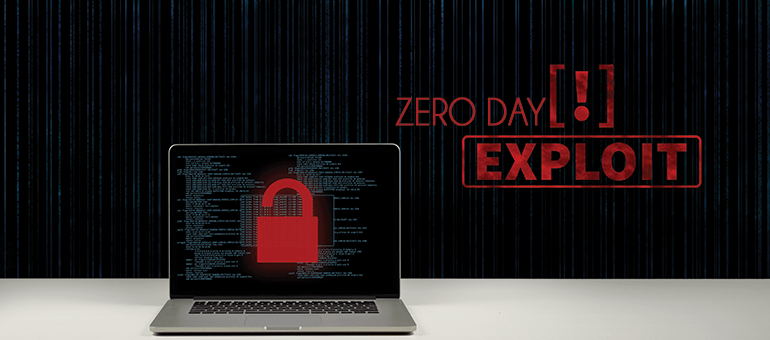Zero-day exploits are one of the most significant threats to cybersecurity today. A zero-day exploit is a type of vulnerability in software or hardware that is unknown to the vendor and can be exploited by attackers. The term “zero-day” refers to the fact that the vulnerability is being exploited on the same day it is discovered, giving the vendor zero days to fix it.
Zero-day exploits can be discovered in various ways. One way is through vulnerability research, which involves analysing code and testing software for vulnerabilities. Another way is through the use of automated tools, which can scan software and identify potential vulnerabilities.
Once a zero-day exploit is discovered, it can be used by attackers to gain unauthorised access to systems or to steal sensitive information. These exploits can also be used to launch distributed denial-of-service (DDoS) attacks, which can cripple websites and other online services.
To prevent zero-day exploits, it is essential to keep software and hardware up to date with the latest security patches. Regularly patching vulnerabilities in software and hardware can reduce the likelihood of a zero-day exploit being successful. It is also essential to implement network security measures, such as firewalls and intrusion detection systems, to detect and prevent attacks.
Another way to prevent zero-day exploits is to use virtualisation technology, which creates a virtual environment that isolates software and hardware from the rest of the system. This isolation can prevent attackers from accessing sensitive data or taking control of the system.
In conclusion, zero-day exploits pose a significant threat to cybersecurity, and it is essential to take proactive measures to prevent them. Keeping software and hardware up to date with the latest security patches, implementing network security measures, and using virtualisation technology are effective ways to reduce the risk of a zero-day exploit being successful. By taking these steps, individuals and organisations can better protect themselves against this type of cyber threat.

Leave a Reply